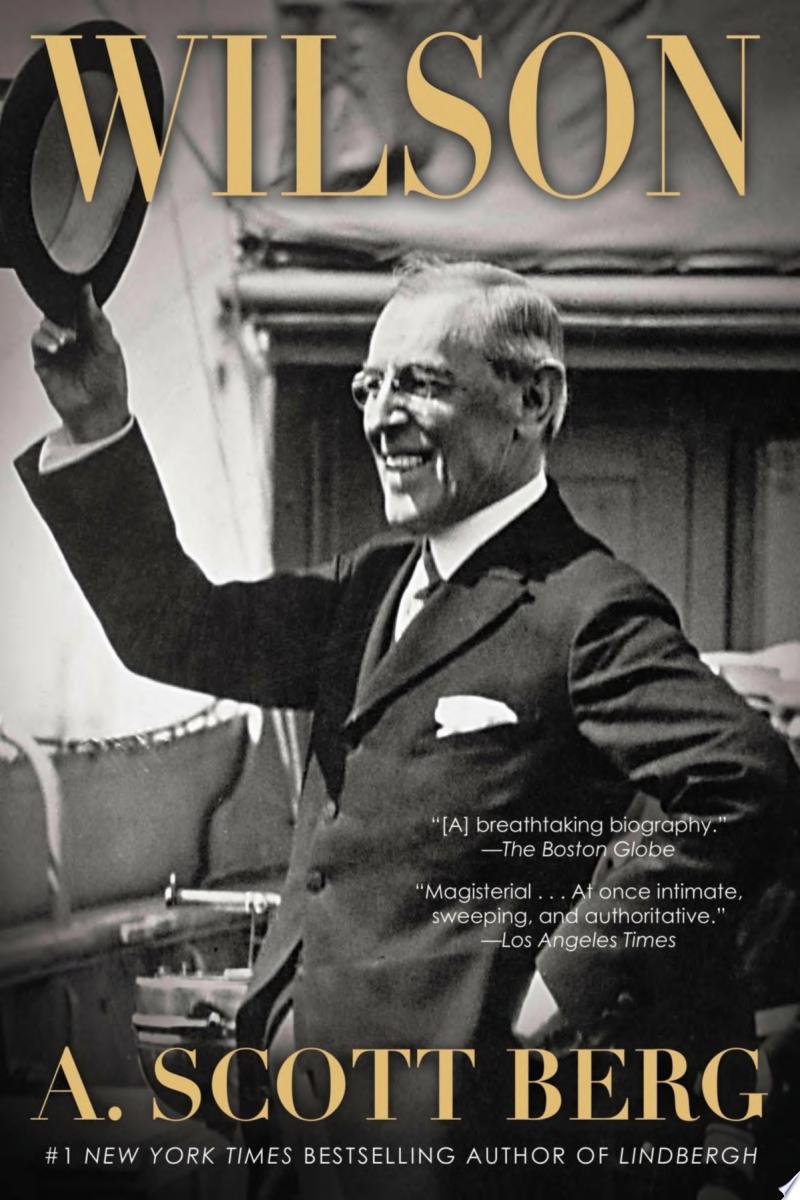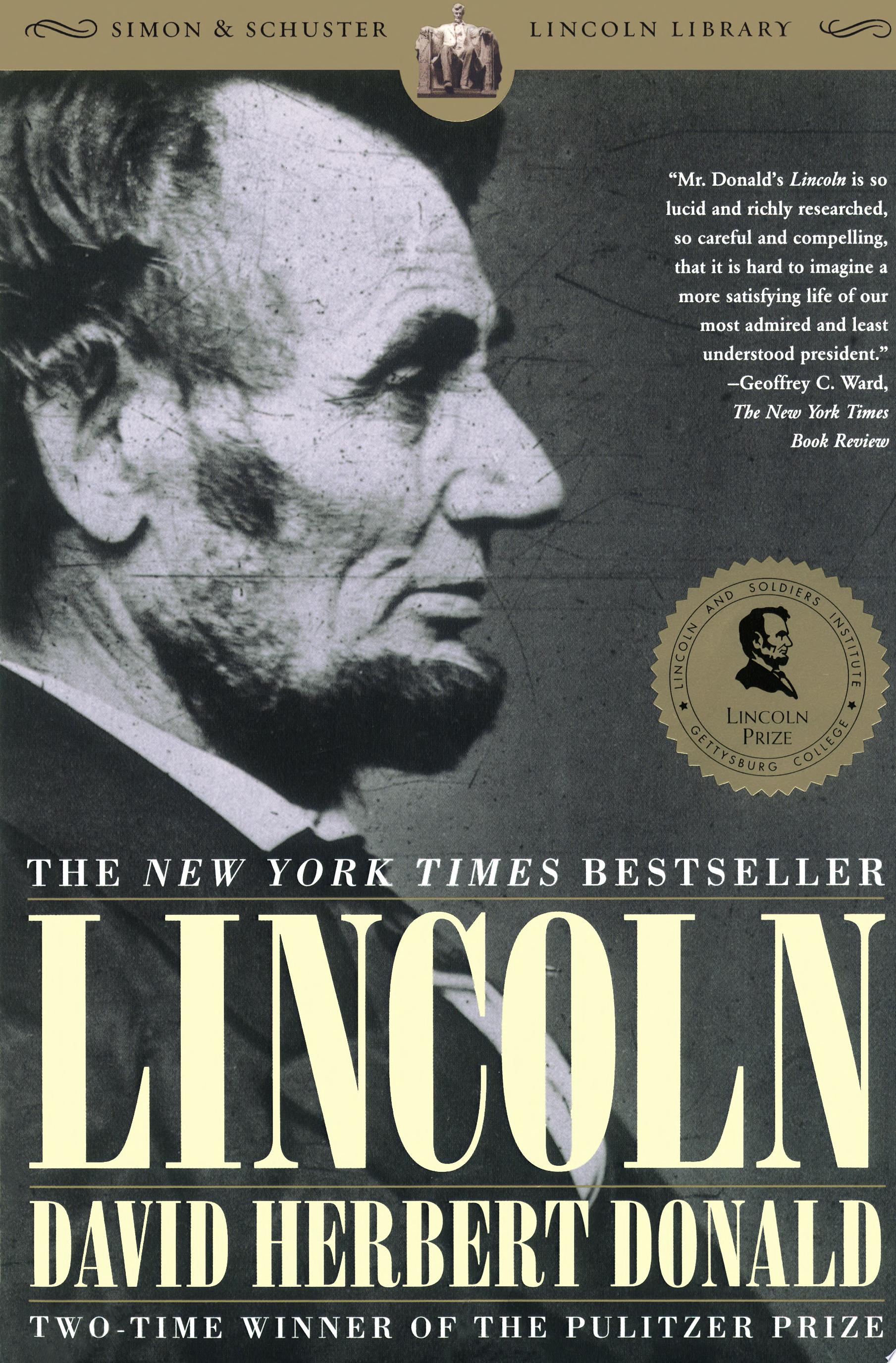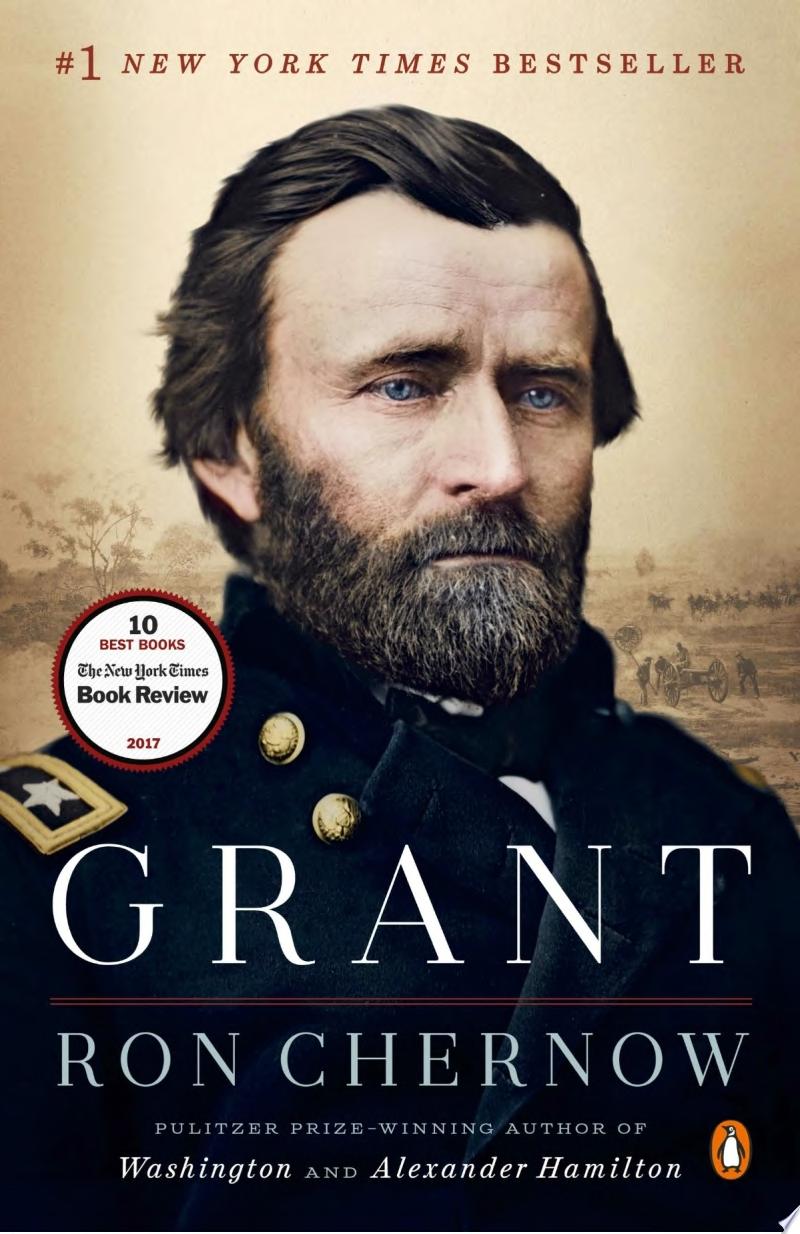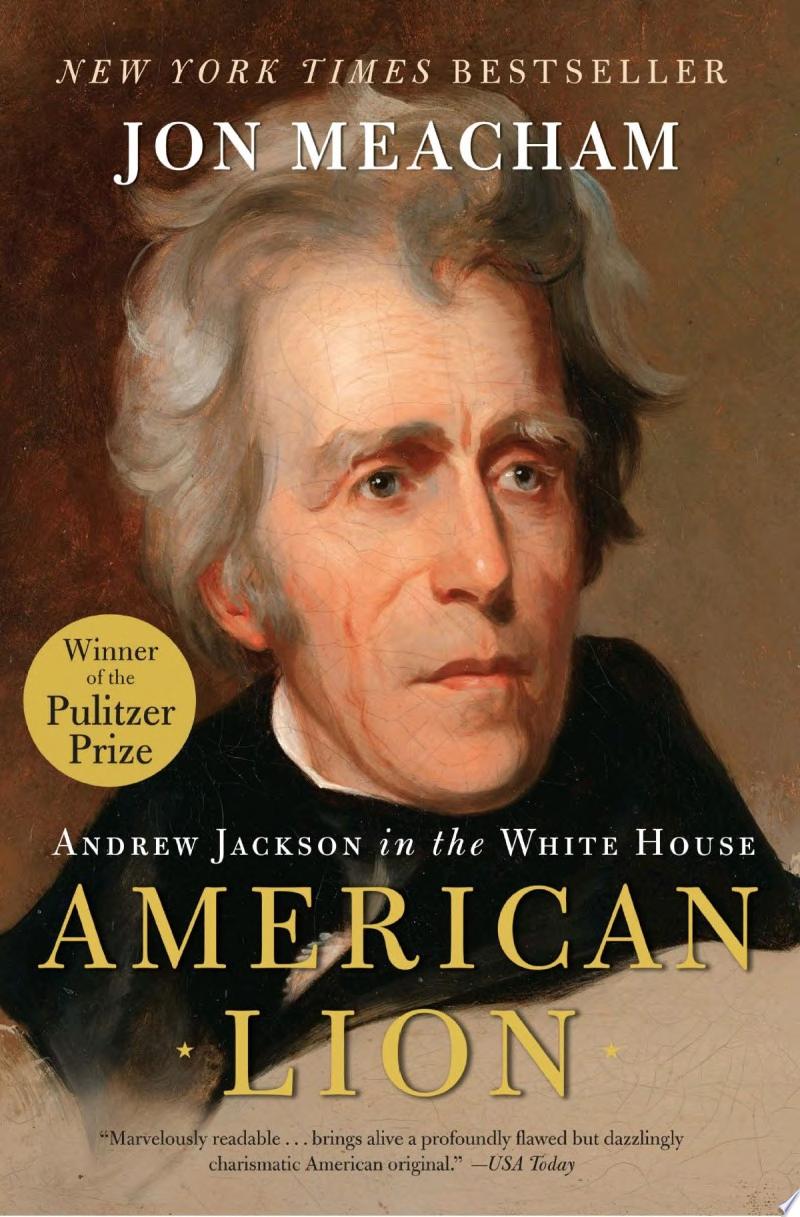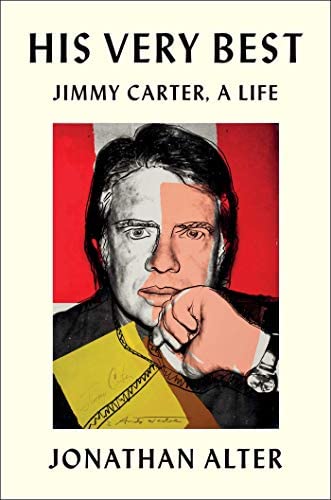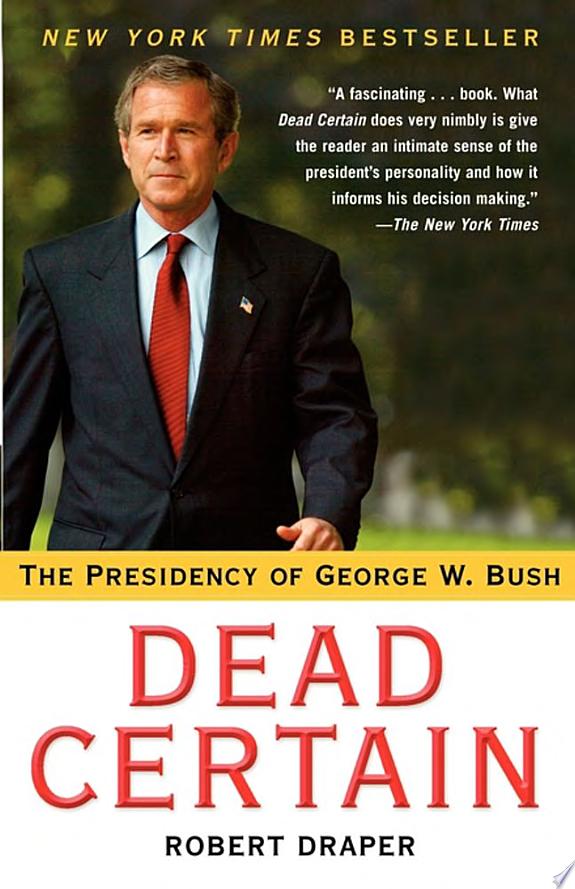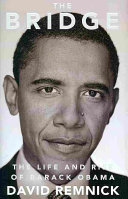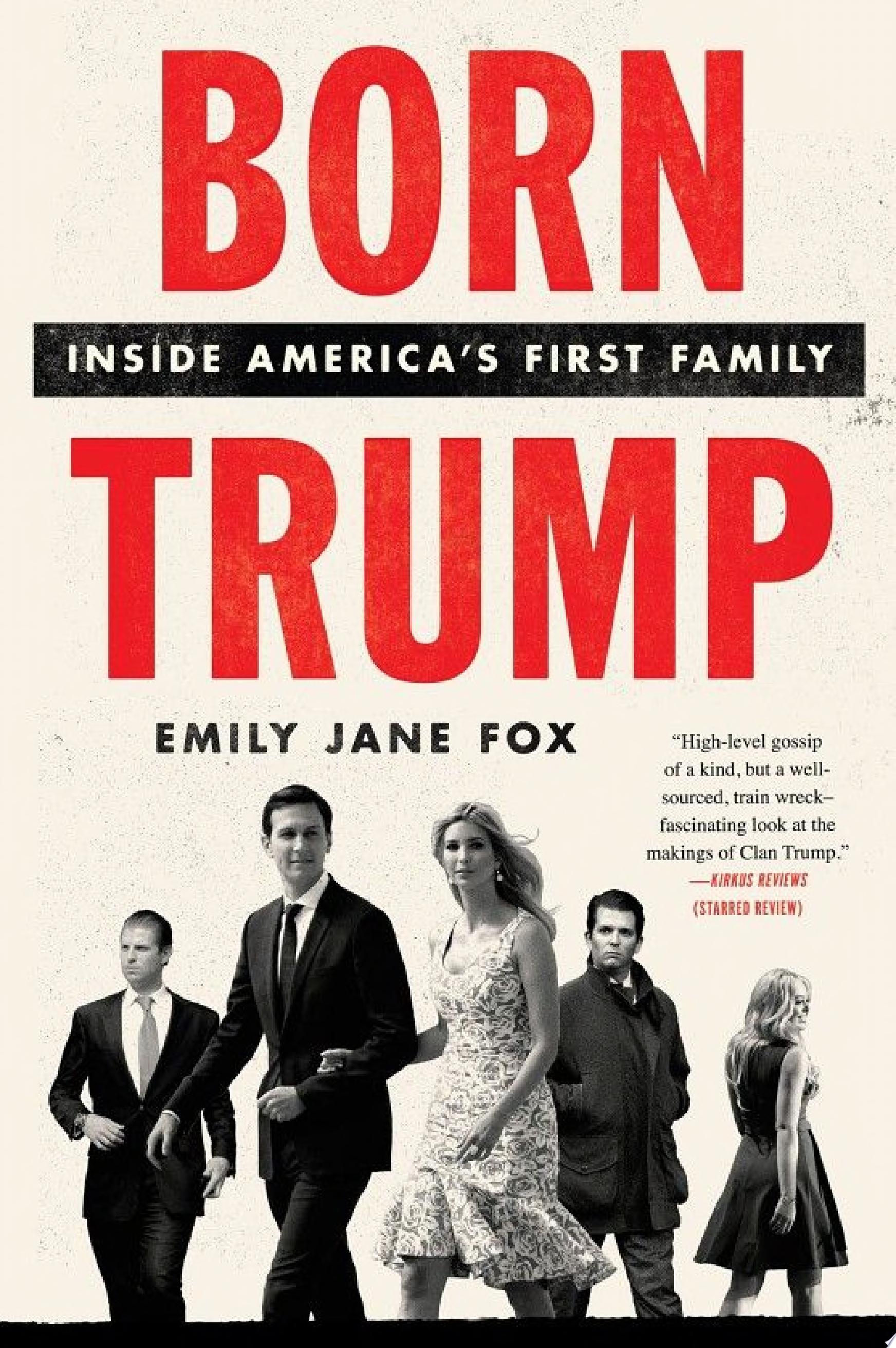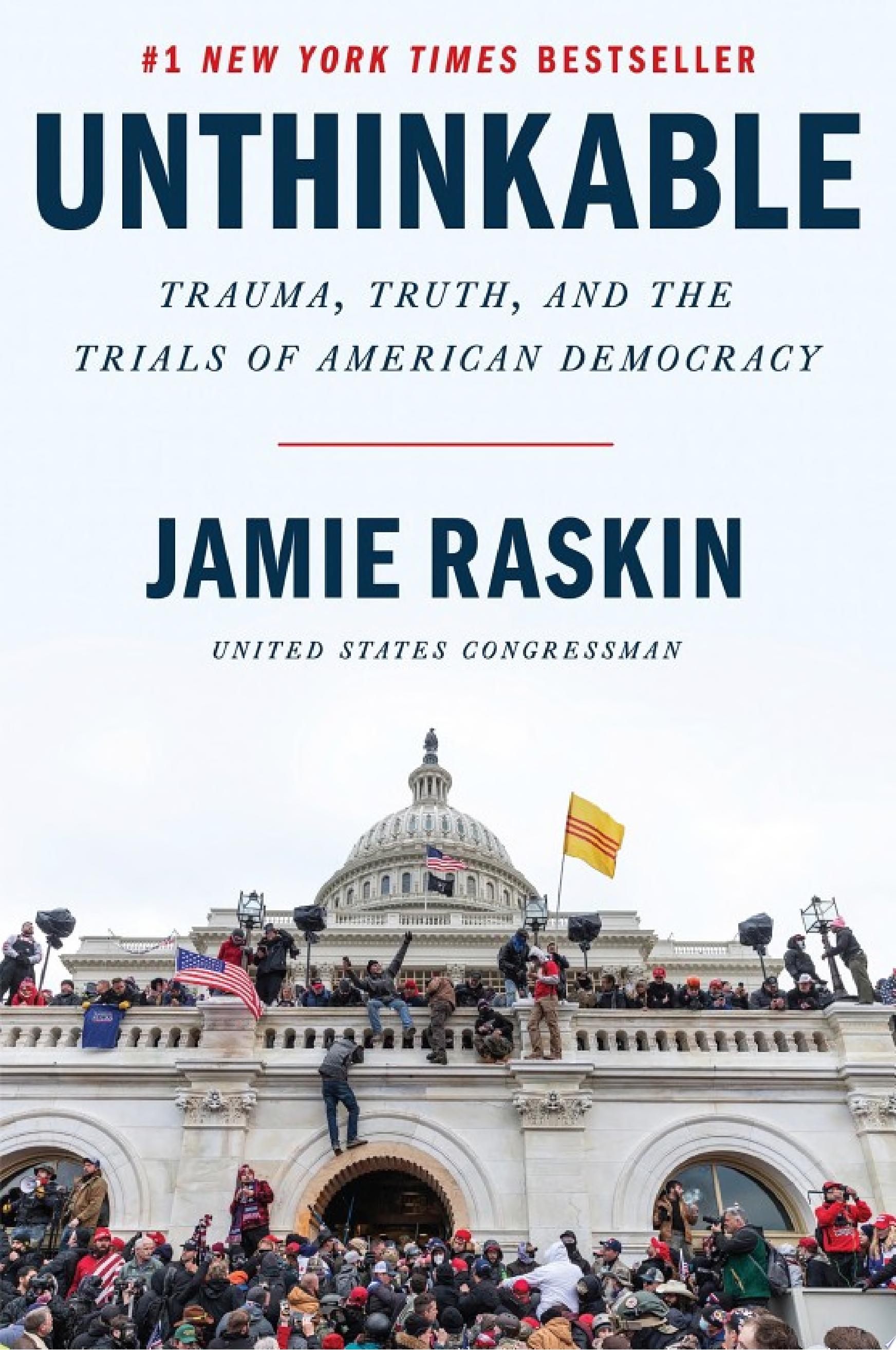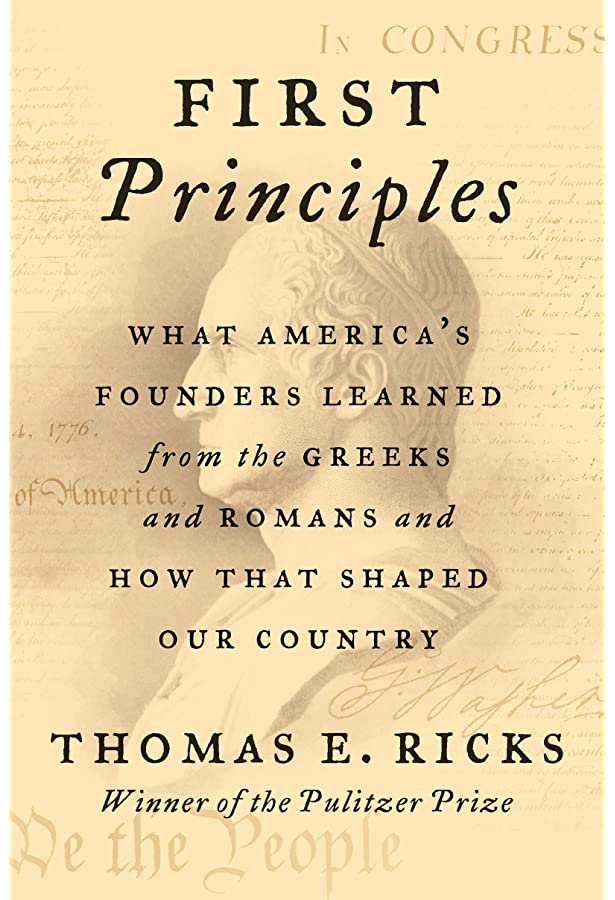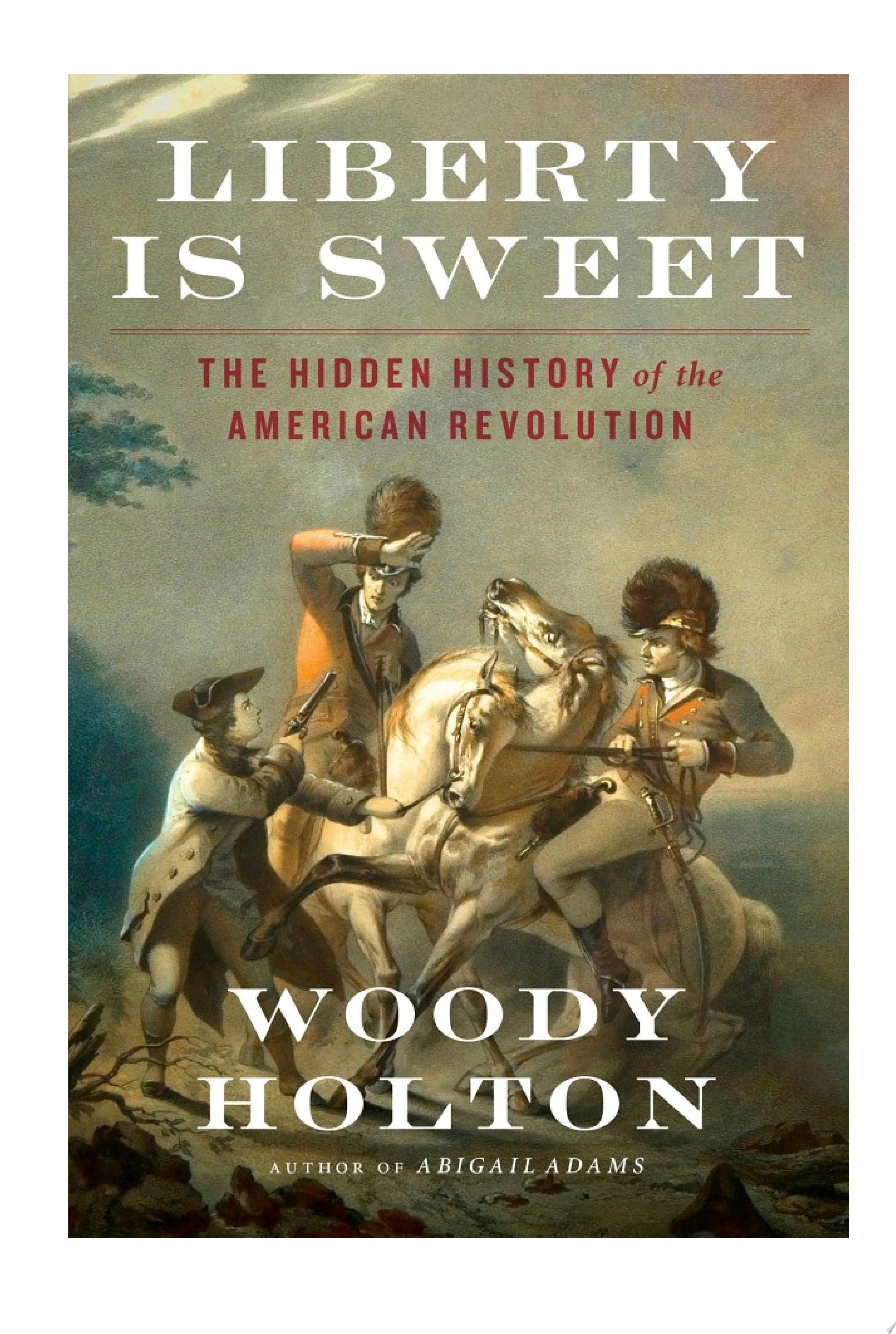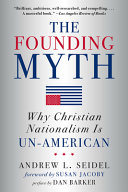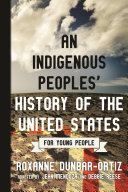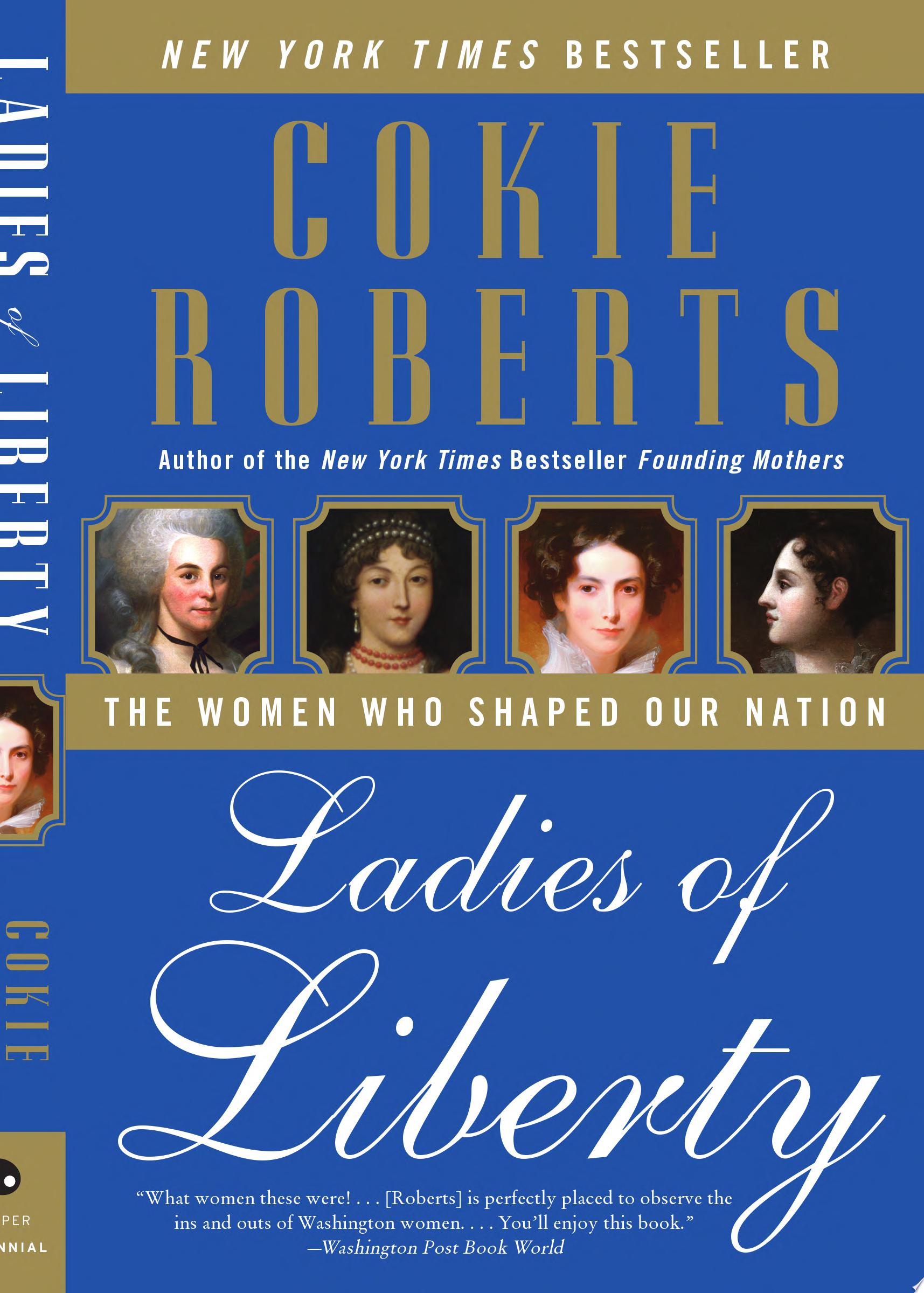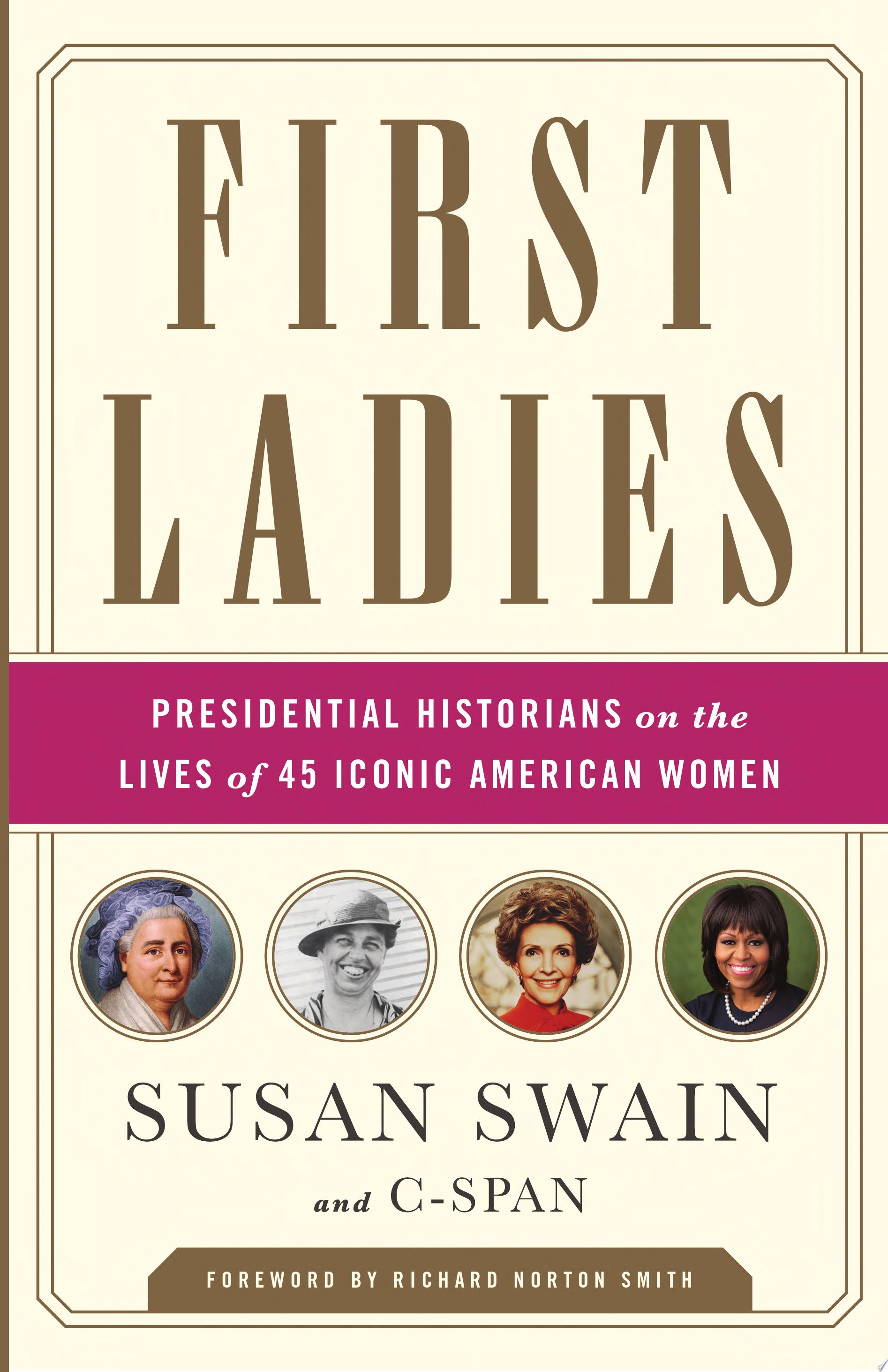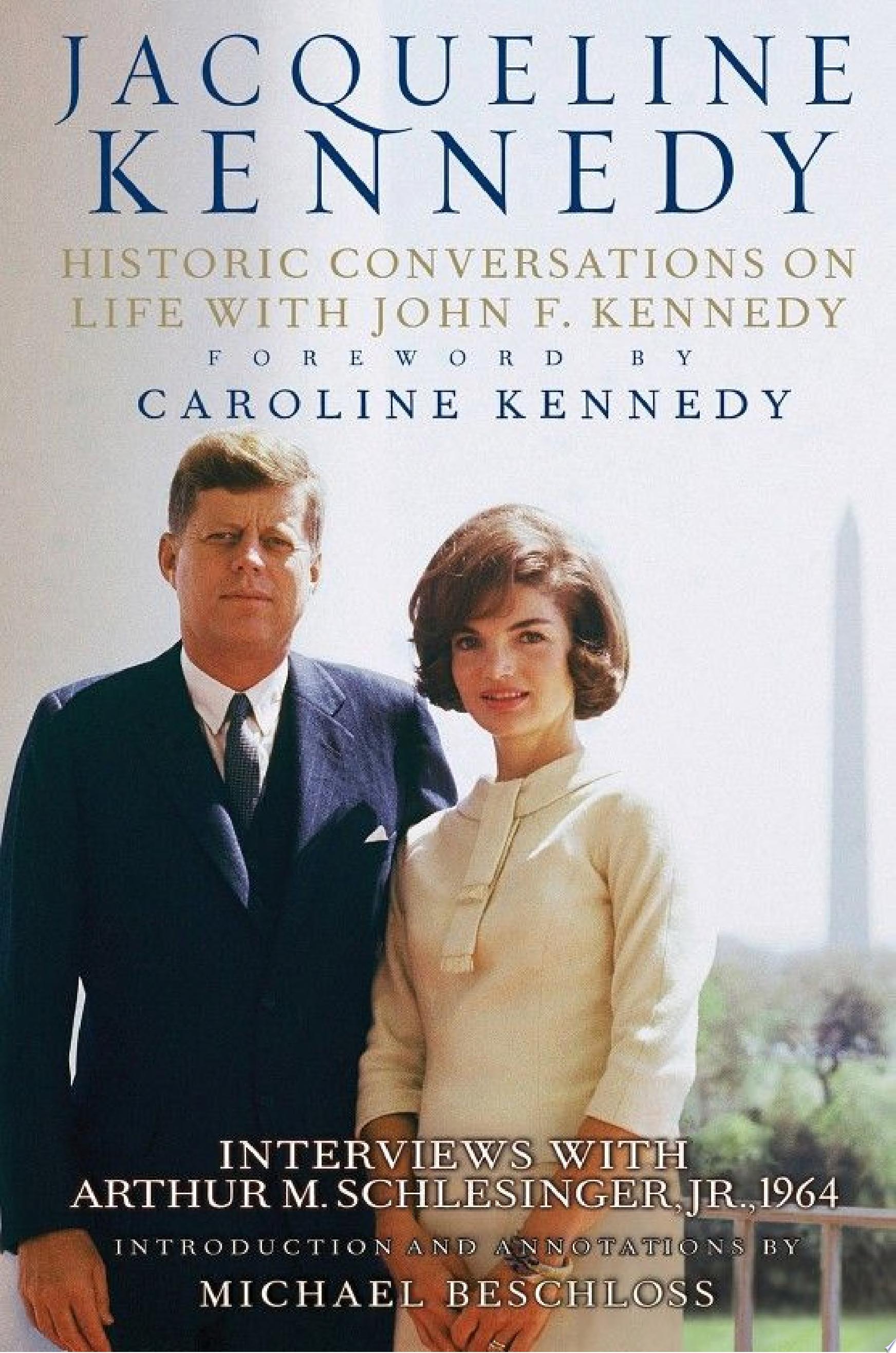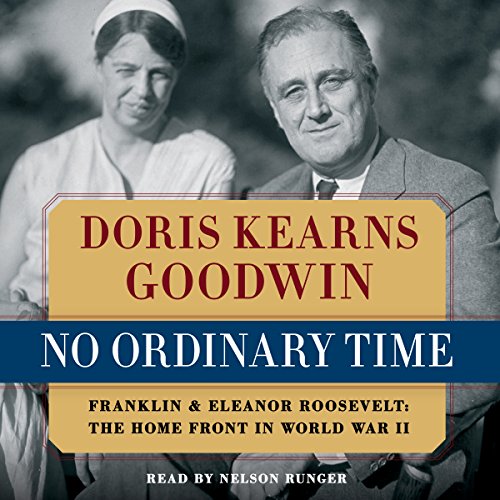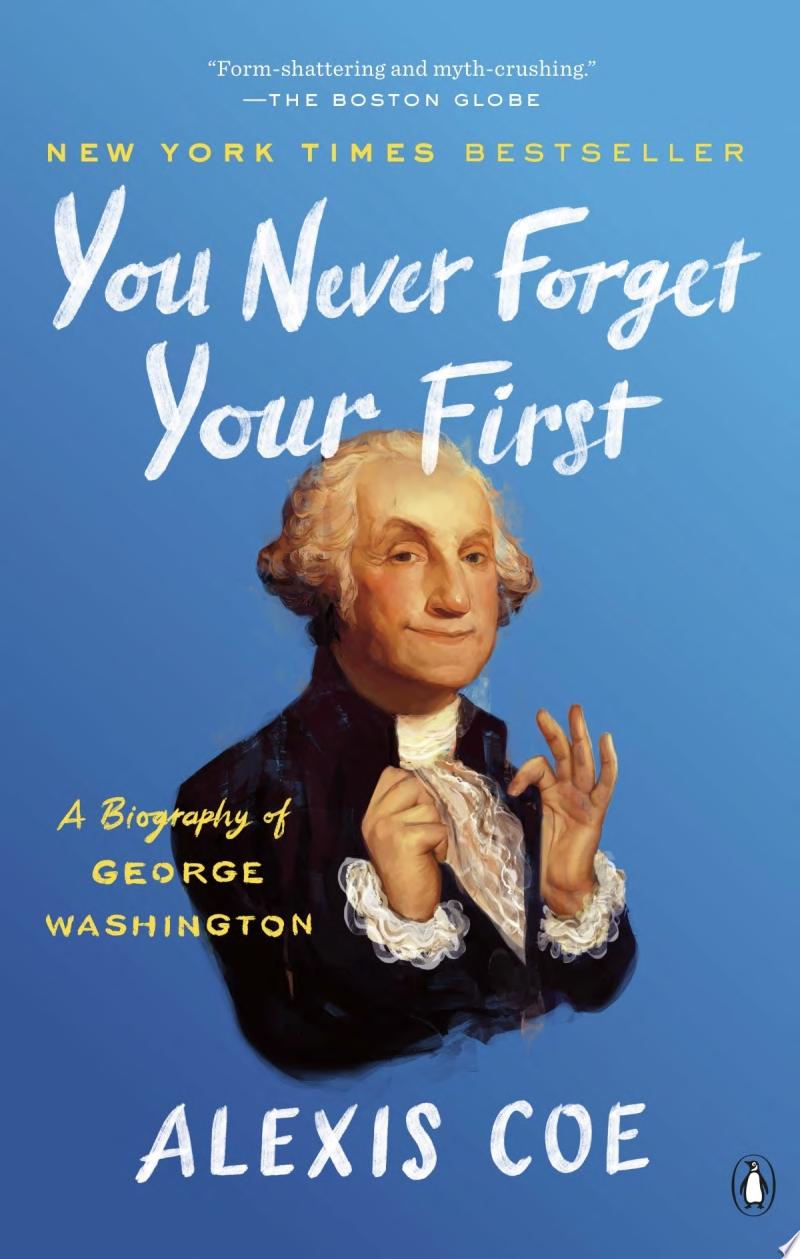List
Wilson
A. Scott Berg
One hundred years after his inauguration, Woodrow Wilson still stands as one of the most influential figures of the twentieth century, and one of the most enigmatic. And now, after more than a decade of research and writing, Pulitzer Prize–winning author A. Scott Berg has completed Wilson—the most personal and penetrating biography ever written about the twenty-eighth President.
In addition to the hundreds of thousands of documents in the Wilson Archives, Berg was the first biographer to gain access to two recently discovered caches of papers belonging to those close to Wilson. From this material, Berg was able to add countless details—even several unknown events—that fill in missing pieces of Wilson’s character, and cast new light on his entire life.
From the visionary Princeton professor who constructed a model for higher education in America to the architect of the ill-fated League of Nations, from the devout Commander in Chief who ushered the country through its first great World War to the widower of intense passion and turbulence who wooed a second wife with hundreds of astonishing love letters, from the idealist determined to make the world “safe for democracy” to the stroke-crippled leader whose incapacity—and the subterfuges around it—were among the century’s greatest secrets, from the trailblazer whose ideas paved the way for the New Deal and the Progressive administrations that followed to the politician whose partisan battles with his opponents left him a broken man, and ultimately, a tragic figure—this is a book at once magisterial and deeply emotional about the whole of Wilson’s life, accomplishments, and failings. This is not just Wilson the icon—but Wilson the man.
Lincoln
David Herbert Donald
Donald brilliantly depicts Lincoln’s gradual ascent from humble beginnings in rural Kentucky to the ever-expanding political circles in Illinois, and finally to the presidency of a country divided by civil war. Donald goes beyond biography, illuminating the gradual development of Lincoln’s character, chronicling his tremendous capacity for evolution and growth, thus illustrating what made it possible for a man so inexperienced and so unprepared for the presidency to become a great moral leader. In the most troubled of times, here was a man who led the country out of slavery and preserved a shattered Union—in short, one of the greatest presidents this country has ever seen.
Grant
Ron Chernow
Ulysses S. Grant's life has typically been misunderstood. All too often he is caricatured as a chronic loser and an inept businessman, or as the triumphant but brutal Union general of the Civil War. But these stereotypes don't come close to capturing him, as Chernow shows in his masterful biography, the first to provide a complete understanding of the general and president whose fortunes rose and fell with dizzying speed and frequency.
Before the Civil War, Grant was flailing. His business ventures had ended dismally, and despite distinguished service in the Mexican War he ended up resigning from the army in disgrace amid recurring accusations of drunkenness. But in war, Grant began to realize his remarkable potential, soaring through the ranks of the Union army, prevailing at the battle of Shiloh and in the Vicksburg campaign, and ultimately defeating the legendary Confederate general Robert E. Lee. Along the way, Grant endeared himself to President Lincoln and became his most trusted general and the strategic genius of the war effort. Grant’s military fame translated into a two-term presidency, but one plagued by corruption scandals involving his closest staff members.
More important, he sought freedom and justice for black Americans, working to crush the Ku Klux Klan and earning the admiration of Frederick Douglass, who called him “the vigilant, firm, impartial, and wise protector of my race.” After his presidency, he was again brought low by a dashing young swindler on Wall Street, only to resuscitate his image by working with Mark Twain to publish his memoirs, which are recognized as a masterpiece of the genre.
With lucidity, breadth, and meticulousness, Chernow finds the threads that bind these disparate stories together, shedding new light on the man whom Walt Whitman described as “nothing heroic... and yet the greatest hero.” Chernow’s probing portrait of Grant's lifelong struggle with alcoholism transforms our understanding of the man at the deepest level. This is America's greatest biographer, bringing movingly to life one of our finest but most underappreciated presidents. The definitive biography, Grant is a grand synthesis of painstaking research and literary brilliance that makes sense of all sides of Grant's life, explaining how this simple Midwesterner could at once be so ordinary and so extraordinary.
Eisenhower in War and Peace
Jean Edward Smith
In this extraordinary volume, Jean Edward Smith presents a portrait of Dwight D. Eisenhower that is as full, rich, and revealing as anything ever written about America’s thirty-fourth president. Here is Eisenhower the young dreamer, charting a course from Abilene, Kansas, to West Point and beyond. Drawing on a wealth of untapped primary sources, Smith provides new insight into Ike’s maddening apprenticeship under Douglas MacArthur. Then the whole panorama of World War II unfolds, with Eisenhower’s superlative generalship forging the Allied path to victory. Smith also gives us an intriguing examination of Ike’s finances, details his wartime affair with Kay Summersby, and reveals the inside story of the 1952 Republican convention that catapulted him to the White House.
Smith’s chronicle of Eisenhower’s presidential years is as compelling as it is comprehensive. Derided by his detractors as a somnambulant caretaker, Eisenhower emerges in Smith’s perceptive retelling as both a canny politician and a skillful, decisive leader. He managed not only to keep the peace, but also to enhance America’s prestige in the Middle East and throughout the world.
Unmatched in insight, Eisenhower in War and Peace at last gives us an Eisenhower for our time—and for the ages.
American Lion: Andrew Jackson in the White House
Jon Meacham
Andrew Jackson, his intimate circle of friends, and his tumultuous times are at the heart of this remarkable book about the man who rose from nothing to create the modern presidency. Beloved and hated, venerated and reviled, Andrew Jackson was an orphan who fought his way to the pinnacle of power, bending the nation to his will in the cause of democracy. Jackson’s election in 1828 ushered in a new and lasting era in which the people, not distant elites, were the guiding force in American politics. Democracy made its stand in the Jackson years, and he gave voice to the hopes and the fears of a restless, changing nation facing challenging times at home and threats abroad. To tell the saga of Jackson’s presidency, acclaimed author Jon Meacham goes inside the Jackson White House. Drawing on newly discovered family letters and papers, he details the human drama–the family, the women, and the inner circle of advisers– that shaped Jackson’s private world through years of storm and victory.
One of our most significant yet dimly recalled presidents, Jackson was a battle-hardened warrior, the founder of the Democratic Party, and the architect of the presidency as we know it. His story is one of violence, sex, courage, and tragedy. With his powerful persona, his evident bravery, and his mystical connection to the people, Jackson moved the White House from the periphery of government to the center of national action, articulating a vision of change that challenged entrenched interests to heed the popular will– or face his formidable wrath. The greatest of the presidents who have followed Jackson in the White House–from Lincoln to Theodore Roosevelt to FDR to Truman–have found inspiration in his example, and virtue in his vision.
Jackson was the most contradictory of men. The architect of the removal of Indians from their native lands, he was warmly sentimental and risked everything to give more power to ordinary citizens. He was, in short, a lot like his country: alternately kind and vicious, brilliant and blind; and a man who fought a lifelong war to keep the republic safe–no matter what it took.
His Very Best: Jimmy Carter, a Life
Jonathan Alter
Jonathan Alter tells the epic story of an enigmatic man of faith and his improbable journey from barefoot boy to global icon. Alter paints an intimate and surprising portrait of the only president since Thomas Jefferson who can fairly be called a Renaissance Man, a complex figure—ridiculed and later revered—with a piercing intelligence, prickly intensity, and biting wit beneath the patented smile. Here is a moral exemplar for our times, a flawed but underrated president of decency and vision who was committed to telling the truth to the American people.
Growing up in one of the meanest counties in the Jim Crow South, Carter is the only American president who essentially lived in three centuries: his early life on the farm in the 1920s without electricity or running water might as well have been in the nineteenth; his presidency put him at the center of major events in the twentieth; and his efforts on conflict resolution and global health set him on the cutting edge of the challenges of the twenty-first.
His Very Best traces how Carter evolved from a timid, bookish child—raised mostly by a Black woman farmhand—into an ambitious naval nuclear engineer writing passionate, never-before-published love letters from sea to his wife and full partner, Rosalynn; a peanut farmer and civic leader whose guilt over staying silent during the civil rights movement and not confronting the white terrorism around him helped power his quest for racial justice at home and abroad; an obscure, born-again governor whose brilliant 1976 campaign demolished the racist wing of the Democratic Party and took him from zero percent to the presidency; a stubborn outsider who failed politically amid the bad economy of the 1970s and the seizure of American hostages in Iran but succeeded in engineering peace between Israel and Egypt, amassing a historic environmental record, moving the government from tokenism to diversity, setting a new global standard for human rights and normalizing relations with China among other unheralded and far-sighted achievements. After leaving office, Carter eradicated diseases, built houses for the poor, and taught Sunday school into his mid-nineties.
Dead Certain: The Presidency of George W. Bush
Robert Draper
In this press-wary administration, journalist Draper has accomplished a small miracle: He has knocked on all the right doors, and thus become the first author to tell a personality-driven history of the Bush years. With access to all the key figures of this administration and perhaps 200 other players, Draper delivers an intimate portrait of a tumultuous decade and a beleaguered administration, with a special emphasis on how the very personality of this strong-willed president has affected the outcome of events.
Though the headlines may be familiar, the details, the utterly inside account of how events transpired will come as fresh reportage to even the most devoted followers of mainstream media coverage. Draper allows us to witness in complete granularity the personal force of a president determined to achieve big things, who confronted the history of his time with what can surely be described as dead certainty.
The Bridge: The Life and Rise of Barack Obama
David Remnick
The rise of Barack Obama is one of the great stories of this century: a defining moment in American history, and one with truly global resonance. Until now, no journalist or historian has written a book that fully investigates the circumstances and experiences of Obama’s life or explores the ambition and conviction behind his journey to election. The Bridge – from a writer whose gift for illuminating the historical significance of unfolding events is unsurpassed – offers a portrait, at once masterly and fresh, nuanced and unexpected, of the man who was determined to become the first African-American president.
Through extensive on-the-record interviews with friends and teachers, mentors and disparagers, family members and Obama himself, David Remnick allow us to see an early life coloured by absence and uncertainty: one that asked demanding questions of a rootless and literate man in search of himself, sending him firstly towards social work and then into law. Deftly setting Obama’s burgeoning political career against the volatile scene in Chicago, Remnick shows us how it was that city’s complex racial legacy that shaped the young politician and made his first forays into politics a source of controversy and bare-knuckle tactics: his clashes with older black politicians in the Illinois State Senate, his disastrous decision to challenge the former Black Panther Bobby Rush for Congress in 2000, the sex scandals that would decimate his more experienced opponents in the 2004 Senate race, and the story – from both sides – of his confrontation with his former pastor, Jeremiah Wright.
In exploring the way in which Barack Obama imagined and fashioned an identity for himself against the backdrop of race in America, Remnick illuminates an American life without precedent, and reminds us that, electrifying though Obama’s victory may have been, there was nothing fated about it. Interrogating both the personal and political elements of the story – and, most crucially, the points at which they intersect – he gives shape to a decisive period of American history, and in turn, to the way it crucially influenced, animated and motivated a gifted and complex man.
Born Trump: Inside America's First Family
Emily Jane Fox
Who is Donald J. Trump? To truly understand America’s forty-fifth president, argues Vanity Fair journalist Emily Jane Fox, you must know his children, whose own stories provide the key to unlocking what makes him tick. Born Trump is Fox’s dishy, deeply reported, and richly detailed look at Trump’s five children (and equally powerful son-in-law, Jared Kushner), exploring their lives, their roles in the campaign and administration, and their dramatic and often fraught relationships with their father and with one another.
Reexamining the tabloid-soaked events that shaped their lives in startling new detail, Born Trump is full of surprising insights, previously untold stories, and delicious tidbits about their childhoods (ridiculously privileged and painful, in equal measure) and the extraordinary power they now wield. As a version of this new kind of American royalty they wish to be, they are ensconced not in palaces but in Trump Tower and the White House.
Even before Trump’s oldest child, Don Jr., was born, Donald told friends that he wanted at least five kids—to make sure there was a greater probability one would turn out just like him. His vision didn’t pan out exactly as he’d imagined, but Trump’s children each inherited some of his essential traits—as one source says, “collectively, they make the whole.”
Ivanka is a media-savvy, hyperskilled messenger with her father’s self-promotional ease but without the brash.
Don Jr. has the most contentious relationship with his father yet seems prone to endlessly repeat his mistakes.
Eric embraced the family’s real estate business but has, in surprising ways, charted a more independent course than his siblings.
While Tiffany grew up mostly separate from her father, she inherited Trump’s perspective as an outsider—his unique combination of assurance and insecurity.
And there is Ivanka’s husband, Jared Kushner, whose own family drama and personal ambition is a crucial thread in this saga.
Come for the vision of Trump as a father—a portrait of the president at his kindest and cruelest. Stay for the revelatory gossip, including the truth about the firings of Christie and Manafort, the inside scoop on Donald’s three marriages, why Ivanka and Jared are “bashert,” and how this family of real estate tycoons have become the most powerful people in the world.
Unthinkable
Jamie Raskin
In this searing memoir, Congressman Jamie Raskin tells the story of the forty-five days at the start of 2021 that permanently changed his life—and his family’s—as he confronted the painful loss of his son to suicide, lived through the violent insurrection in our nation’s Capitol, and led the impeachment effort to hold President Trump accountable for inciting the political violence.
On December 31, 2020, Tommy Raskin, the only son of Maryland Congressman Jamie Raskin, tragically took his own life after a long struggle with depression. Seven days later on January 6, Congressman Raskin returned to Congress to help certify the 2020 Presidential election results, when violent insurrectionists led by right wing extremist groups stormed the U.S. Capitol hoping to hand four more years of power to President Donald Trump. As our reeling nation mourned the deaths of numerous people and lamented the injuries of more than 140 police officers hurt in the attack, Congressman Raskin, a Constitutional law professor, was called upon to put aside his overwhelming grief—both personal and professional—and lead the impeachment effort against President Trump for inciting the violence. Together this nine-member team of House impeachment managers riveted a nation still in anguish, putting on an unprecedented Senate trial that produced the most bipartisan Presidential impeachment vote in American history.
Now for the first time, Congressman Raskin discusses this unimaginable convergence of personal and public trauma, detailing how the painful loss of his son and the power of Tommy’s convictions fueled the Congressman’s work in the aftermath of modern democracy’s darkest day. Going inside Congress on January 6, he recounts the horror of that day, a day that he and other Democrats had spent months preparing for under the correct assumption that they would encounter an attempted electoral coup—not against a President but for one. And yet, on January 6, he faced the one thing he had failed to anticipate: mass political violence designed to block Biden’s election. With an inside account of leading the team prosecuting President Trump in the Senate, Congressman Raskin shares never before told stories of just how close we came to losing our democracy that fateful day and lays out the methodical prosecution that convinced Democrats and Republicans alike of Trump’s responsibility for inciting insurrectionary violence against our government.
Through it all, he reckons with the loss of his brilliant, remarkable son, a Harvard Law student whose values and memory continually inspired the Congressman to confront the dark impulses unleashed by Donald Trump. At turns, a moving story of a father coping with his pain and a revealing examination of holding President Trump accountable for the violence he fomented, this book is a vital reminder of the ongoing struggle for the soul of American democracy and the perseverance that our Constitution demands from us all.
First Principles: What America's Founders Learned from the Greeks and Romans and How That Shaped Our Country
Thomas E. Ricks
On the morning after the 2016 presidential election, Thomas Ricks awoke with a few questions on his mind: What kind of nation did we now have? Is it what was designed or intended by the nation’s founders? Trying to get as close to the source as he could, Ricks decided to go back and read the philosophy and literature that shaped the founders’ thinking, and the letters they wrote to each other debating these crucial works—among them the Iliad, Plutarch’s Lives, and the works of Xenophon, Epicurus, Aristotle, Cato, and Cicero. For though much attention has been paid the influence of English political philosophers, like John Locke, closer to their own era, the founders were far more immersed in the literature of the ancient world.
The first four American presidents came to their classical knowledge differently. Washington absorbed it mainly from the elite culture of his day; Adams from the laws and rhetoric of Rome; Jefferson immersed himself in classical philosophy, especially Epicureanism; and Madison, both a groundbreaking researcher and a deft politician, spent years studying the ancient world like a political scientist. Each of their experiences, and distinctive learning, played an essential role in the formation of the United States. In examining how and what they studied, looking at them in the unusual light of the classical world, Ricks is able to draw arresting and fresh portraits of men we thought we knew.
First Principles follows these four members of the Revolutionary generation from their youths to their adult lives, as they grappled with questions of independence, and forming and keeping a new nation. In doing so, Ricks interprets not only the effect of the ancient world on each man, and how that shaped our constitution and government, but offers startling new insights into these legendary leaders.
Liberty Is Sweet
Woody Holton
Using more than a thousand eyewitness records, Liberty Is Sweet is a “spirited account” (Gordon S. Wood, Pulitzer Prize–winning author of The Radicalism of the American Revolution) that explores countless connections between the Patriots of 1776 and other Americans whose passion for freedom often brought them into conflict with the Founding Fathers. “It is all one story,” prizewinning historian Woody Holton writes.
Holton describes the origins and crucial battles of the Revolution from Lexington and Concord to the British surrender at Yorktown, always focusing on marginalized Americans—enslaved Africans and African Americans, Native Americans, women, and dissenters—and on overlooked factors such as weather, North America’s unique geography, chance, misperception, attempts to manipulate public opinion, and (most of all) disease. Thousands of enslaved Americans exploited the chaos of war to obtain their own freedom, while others were given away as enlistment bounties to whites. Women provided material support for the troops, sewing clothes for soldiers and in some cases taking part in the fighting. Both sides courted native people and mimicked their tactics.
The Founding Myth
Andrew L. Seidel
In today's contentious political climate, understanding religion's role in American government is more important than ever. Christian nationalists assert that our nation was founded on Judeo-Christian principles, and advocate an agenda based on this popular historical claim. But is this belief true? The Founding Myth answers the question once and for all. Andrew L. Seidel builds his case by comparing the Ten Commandments to the Constitution and contrasting biblical doctrine with America's founding philosophy, showing that the Declaration of Independence contradicts the Bible. Thoroughly researched, this persuasively argued and fascinating book proves that America was not built on the Bible and that Christian nationalism is un-American. Includes a new epilogue reflecting on the role Christian nationalism played in fomenting the January 6, 2021, insurrection in DC and the warnings the nation missed.
An Indigenous Peoples' History of the United States
Roxanne Dunbar-Ortiz
Going beyond the story of America as a country “discovered” by a few brave men in the “New World,” Indigenous human rights advocate Roxanne Dunbar-Ortiz reveals the roles that settler colonialism and policies of American Indian genocide played in forming our national identity.
The original academic text is fully adapted by renowned curriculum experts Debbie Reese and Jean Mendoza, for middle-grade and young adult readers to include discussion topics, archival images, original maps, recommendations for further reading, and other materials to encourage students, teachers, and general readers to think critically about their own place in history.
Ladies of Liberty: The Women Who Shaped Our Nation
Cokie Roberts
In this eye-opening companion volume to her acclaimed history Founding Mothers, number-one New York Times bestselling author and renowned political commentator Cokie Roberts brings to life the extraordinary accomplishments of women who laid the groundwork for a better society. Recounted with insight and humor, and drawing on personal correspondence, private journals, and other primary sources, many of them previously unpublished, here are the fascinating and inspiring true stories of first ladies and freethinkers, educators and explorers. Featuring an exceptional group of women—including Abigail Adams, Dolley Madison, Rebecca Gratz, Louise Livingston, Sacagawea, and others—Ladies of Liberty sheds new light on the generation of heroines, reformers, and visionaries who helped shape our nation, finally giving these extraordinary ladies the recognition they so greatly deserve.
First Ladies: Presidential Historians on the Lives of 45 Iconic American Women
Susan Swain
A look inside the personal life of every first lady in American history, based on original interviews with major historians
C-SPAN’s yearlong history series, First Ladies: Influence and Image, featured interviews with more than fifty preeminent historians and biographers. In this informative book, these experts paint intimate portraits of all forty-five first ladies—their lives, ambitions, and unique partnerships with their presidential spouses. Susan Swain and the C-SPAN team elicit the details that made these women who they were: how Martha Washington intentionally set the standards followed by first ladies for the next century; how Edith Wilson was complicit in the cover-up when President Wilson became incapacitated after a stroke; and how Mamie Eisenhower used the new medium of television to reinforce her, and her husband’s, positive public images.
This book provides an up-close historical look at these fascinating women who survived the scrutiny of the White House, sometimes at great personal cost, while supporting their families and famous husbands—and sometimes changing history. Complete with illustrations and essential biographical details, it is an illuminating, entertaining, and ultimately inspiring read.
Jacqueline Kennedy: Historic Conversations on Life with John F. Kennedy
Caroline Kennedy
In 1964, Jacqueline Kennedy recorded seven historic interviews about her life with John F. Kennedy. Now, for the first time, they can be read in this deluxe, illustrated eBook.
Shortly after President John F. Kennedy's assassination, with a nation deep in mourning and the world looking on in stunned disbelief, Jacqueline Kennedy found the strength to set aside her own personal grief for the sake of posterity and begin the task of documenting and preserving her husband's legacy. In January of 1964, she and Robert F. Kennedy approved a planned oral-history project that would capture their first-hand accounts of the late President as well as the recollections of those closest to him throughout his extraordinary political career. For the rest of her life, the famously private Jacqueline Kennedy steadfastly refused to discuss her memories of those years, but beginning that March, she fulfilled her obligation to future generations of Americans by sitting down with historian Arthur Schlesinger, Jr., and recording an astonishingly detailed and unvarnished account of her experiences and impressions as the wife and confidante of John F. Kennedy. The tapes of those sessions were then sealed and later deposited in the John F. Kennedy Presidential Library and Museum upon its completion, in accordance with Mrs. Kennedy's wishes.
The resulting eight and a half hours of material comprises a unique and compelling record of a tumultuous era, providing fresh insights on the many significant people and events that shaped JFK's presidency but also shedding new light on the man behind the momentous decisions. Here are JFK's unscripted opinions on a host of revealing subjects, including his thoughts and feelings about his brothers Robert and Ted, and his take on world leaders past and present, giving us perhaps the most informed, genuine, and immediate portrait of John Fitzgerald Kennedy we shall ever have. Mrs. Kennedy's urbane perspective, her candor, and her flashes of wit also give us our clearest glimpse into the active mind of a remarkable First Lady.
In conjunction with the fiftieth anniversary of President Kennedy's Inauguration, Caroline Kennedy and the Kennedy family are now releasing these beautifully restored recordings on CDs with accompanying transcripts. Introduced and annotated by renowned presidential historian Michael Beschloss, these interviews will add an exciting new dimension to our understanding and appreciation of President Kennedy and his time and make the past come alive through the words and voice of an eloquent eyewitness to history.
No Ordinary Time: Franklin & Eleanor Roosevelt
Doris Kearns Goodwin
The United States of 1940, an isolationist country divided along class lines, still suffering the ravages of a decade-long depression, and woefully unprepared for war, was unified by a common threat and by the extraordinary leadership of Franklin Roosevelt to become, only five years later, the preeminent economic and military power in the world. At the center of the country's transformation was the complex partnership of Franklin and Eleanor Roosevelt.
Franklin knew the war could not be won without focusing the energies of the American people and expanding his base of support -- making his peace with conservative leaders and gaining the cooperation of big business. Eleanor, meanwhile, felt the war would not be worth winning if the old order of things at home prevailed, and was often at odds with her husband in her efforts to preserve the gains of the New Deal and achieve reforms in civil rights, housing, and welfare programs. While Franklin manned the war room at the White House and met with Winston Churchill, Joseph Stalin, Mackenzie King, and other world leaders to discuss strategy for the war abroad, Eleanor crisscrossed the country, visiting the American people, seeing how the war and policies her husband made in Washington affected them as individuals.
Using diaries, interviews, and White House records of the president's and first lady's comings and goings, Goodwin paints a detailed, intimate portrait not only of the daily conduct of the presidency during wartime but of the Roosevelts themselves and their extraordinary constellation of friends, advisers, and family, many of whom lived with them in the White House: Missy LeHand, FDR's "other wife" and secretary; Harry Hopkins, FDR's closest friend and adviser; the president's indomitable mother, Sara; the Roosevelts' daughter, Anna; Eleanor's close friends Lorena Hickock and Joe Lash; Crown Princess Martha of Norway; FDR's former lover Lucy Rutherfurd, who, in a final, painful blow to Eleanor, was with him when he died. Bringing to bear the tools of both history and biography, Goodwin relates the unique story of how Franklin Roosevelt, surrounded by his small circle of intimates, led the nation to military victory abroad against seemingly insurmountable odds and, with Eleanor's essential help, forever changed the fabric of American society.
Never Caught: The Washingtons' Relentless Pursuit of Their Runaway Slave, Ona Judge
Erica Armstrong Dunbar
When George Washington was elected president, he reluctantly left behind his beloved Mount Vernon to serve in Philadelphia, the temporary seat of the nation’s capital. In setting up his household he brought along nine slaves, including Ona Judge. As the President grew accustomed to Northern ways, there was one change he couldn’t abide: Pennsylvania law required enslaved people be set free after six months of residency in the state. Rather than comply, Washington decided to circumvent the law. Every six months he sent the slaves back down south just as the clock was about to expire.
Though Ona Judge lived a life of relative comfort, she was denied freedom. So, when the opportunity presented itself one clear and pleasant spring day in Philadelphia, Judge left everything she knew to escape to New England. Yet freedom would not come without its costs. At just twenty-two-years-old, Ona became the subject of an intense manhunt led by George Washington, who used his political and personal contacts to recapture his property.
You Never Forget Your First
Alexis Coe
Young George Washington was raised by a struggling single mother, demanded military promotions, caused an international incident, and never backed down--even when his dysentery got so bad he had to ride with a cushion on his saddle. But after he married Martha, everything changed. Washington became the kind of man who named his dog Sweetlips and hated to leave home. He took up arms against the British only when there was no other way, though he lost more battles than he won.
After an unlikely victory in the Revolutionary War cast him as the nation's hero, he was desperate to retire, but the founders pressured him into the presidency--twice. When he retired years later, no one talked him out of it. He left the highest office heartbroken over the partisan nightmare his backstabbing cabinet had created.
Back on his plantation, the man who fought for liberty must confront his greatest hypocrisy--what to do with the men, women, and children he owns--before he succumbs to death.
With irresistible style and warm humor, You Never Forget Your First combines rigorous research and lively storytelling that will have readers--including those who thought presidential biographies were just for dads--inhaling every page.
